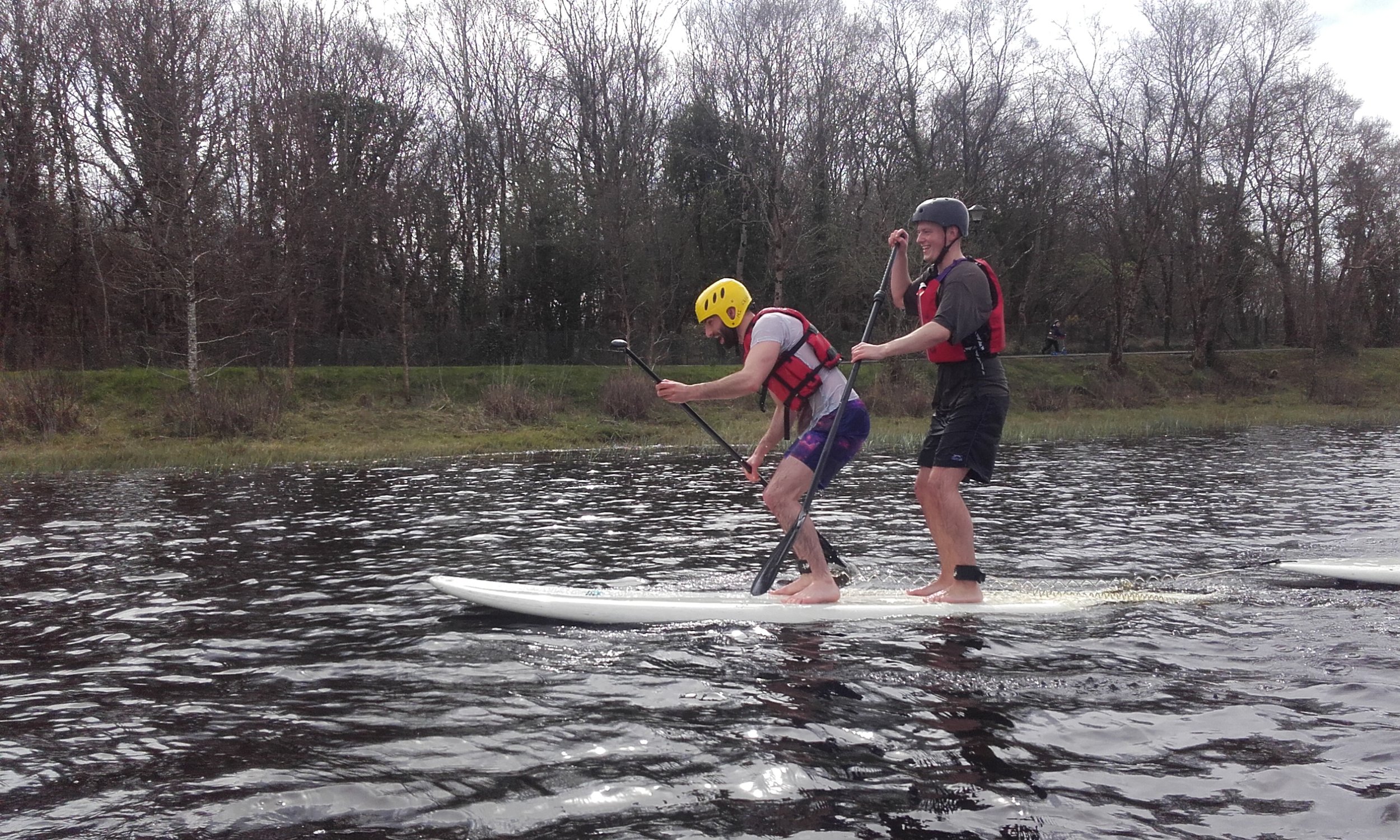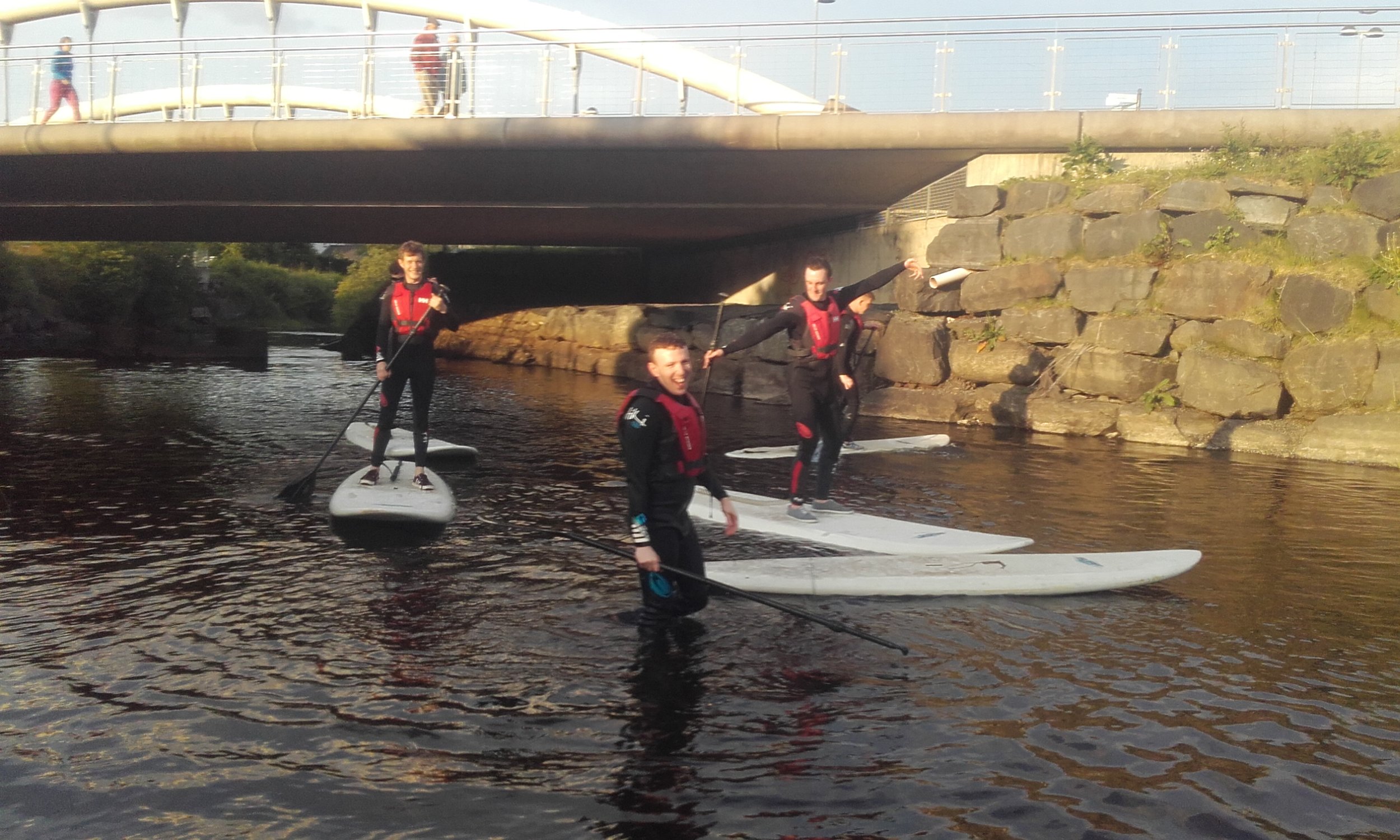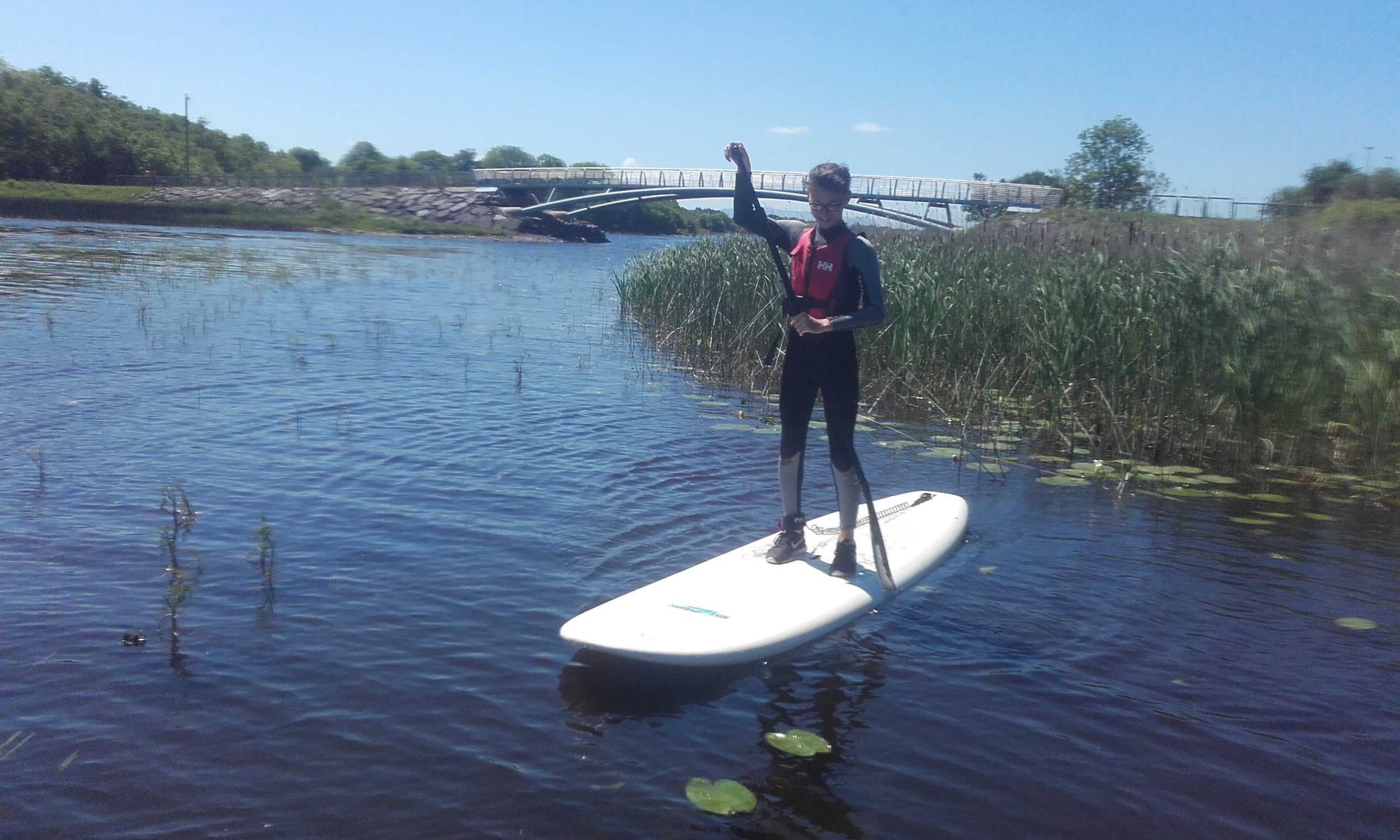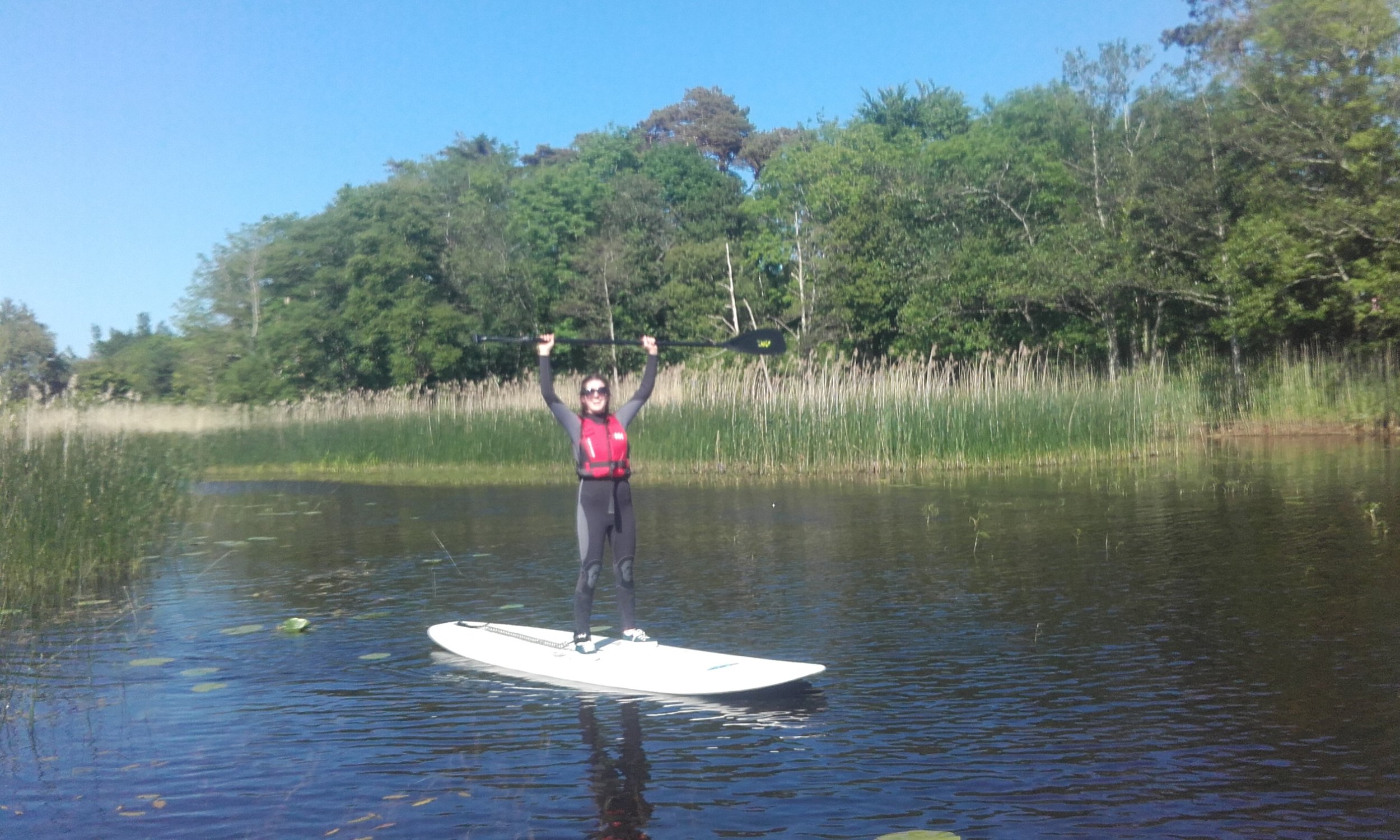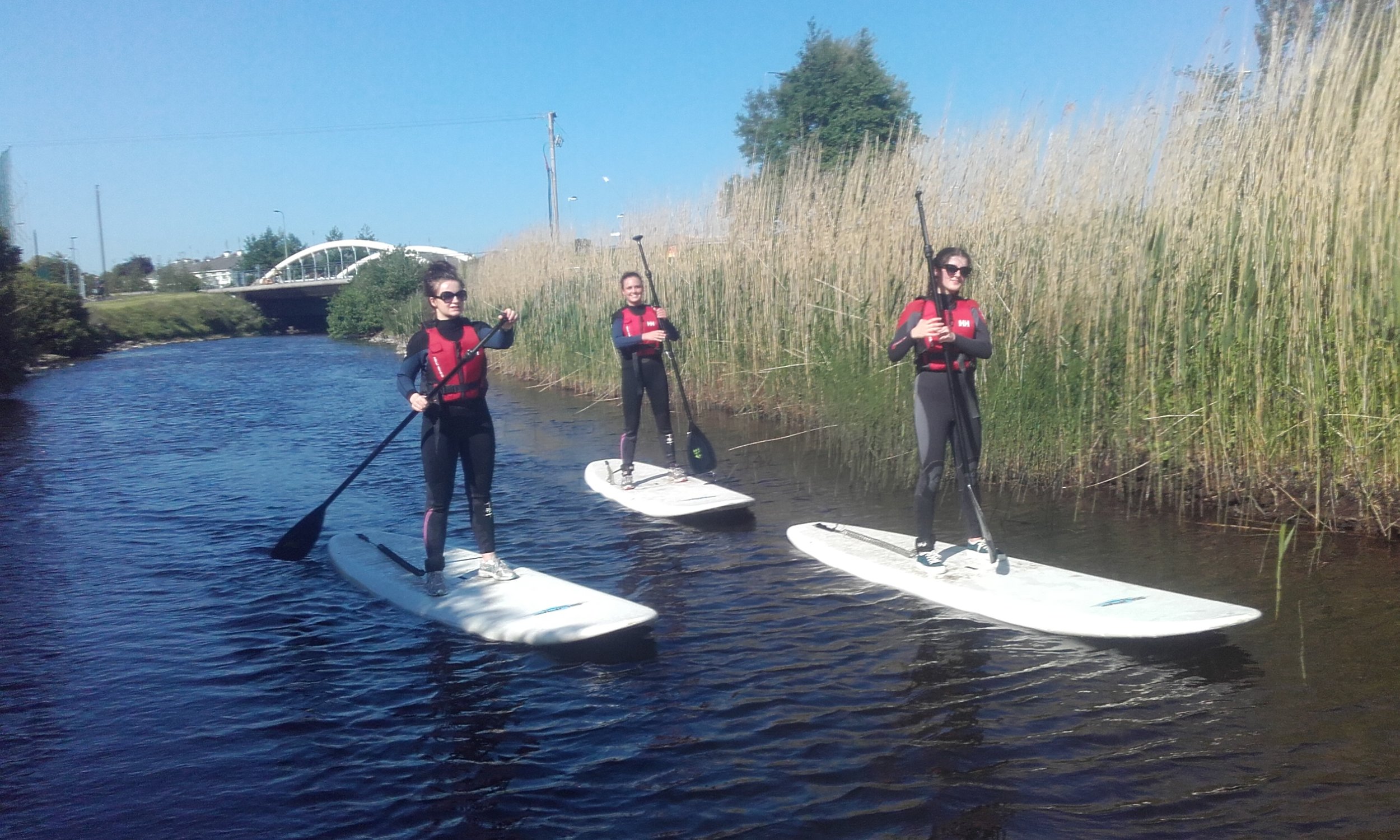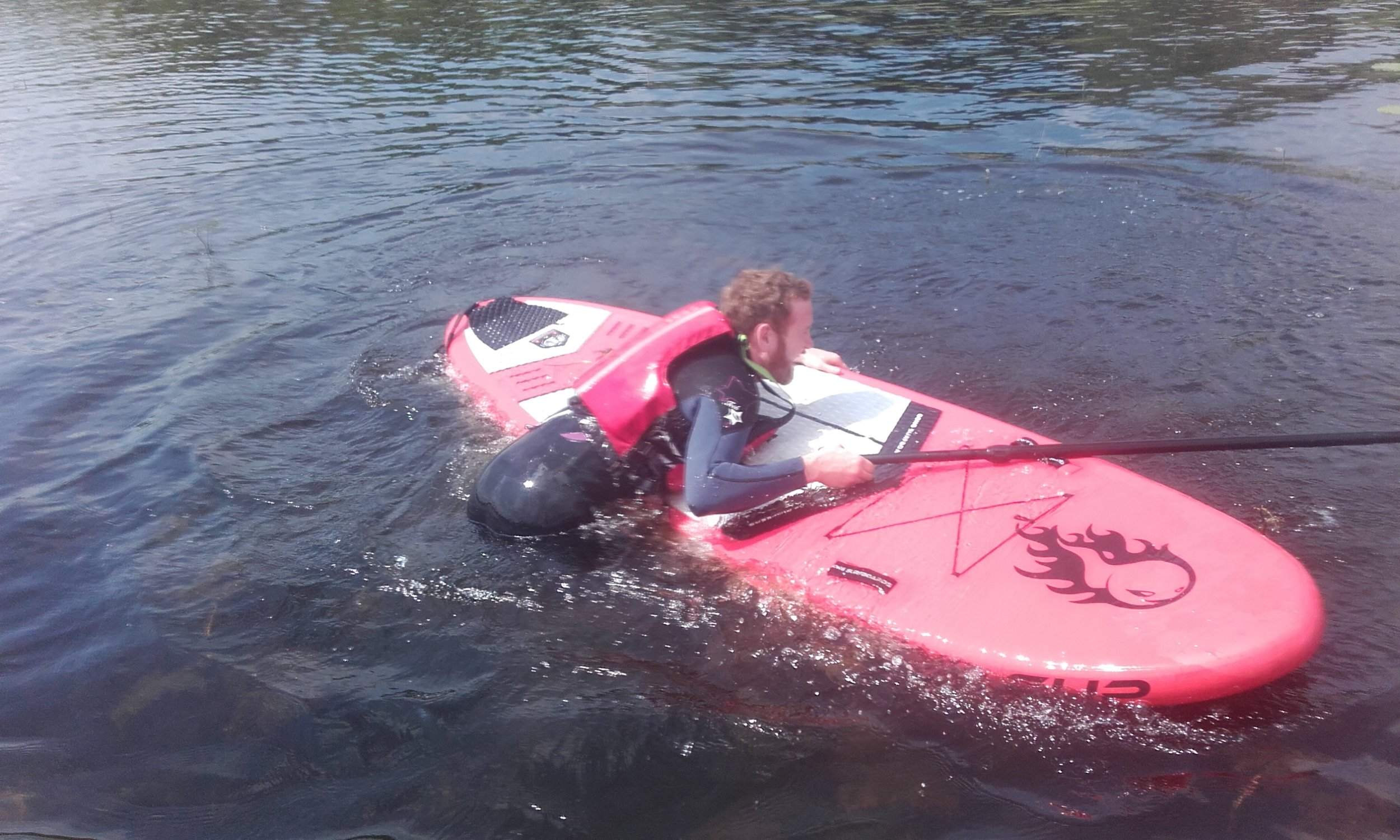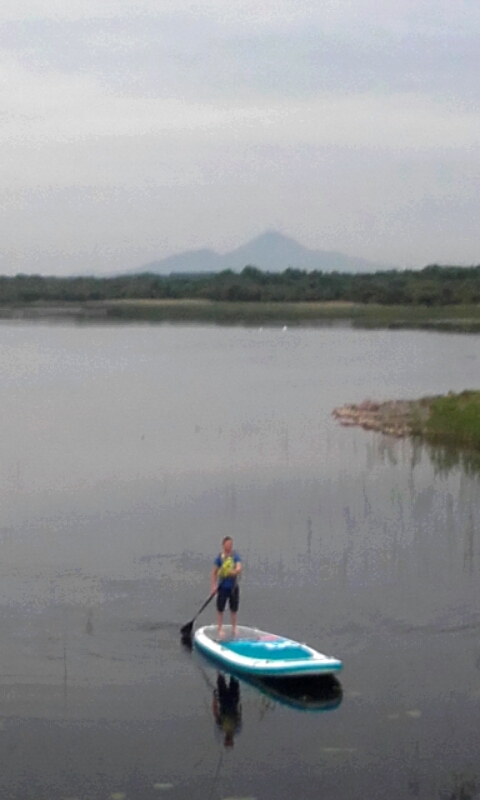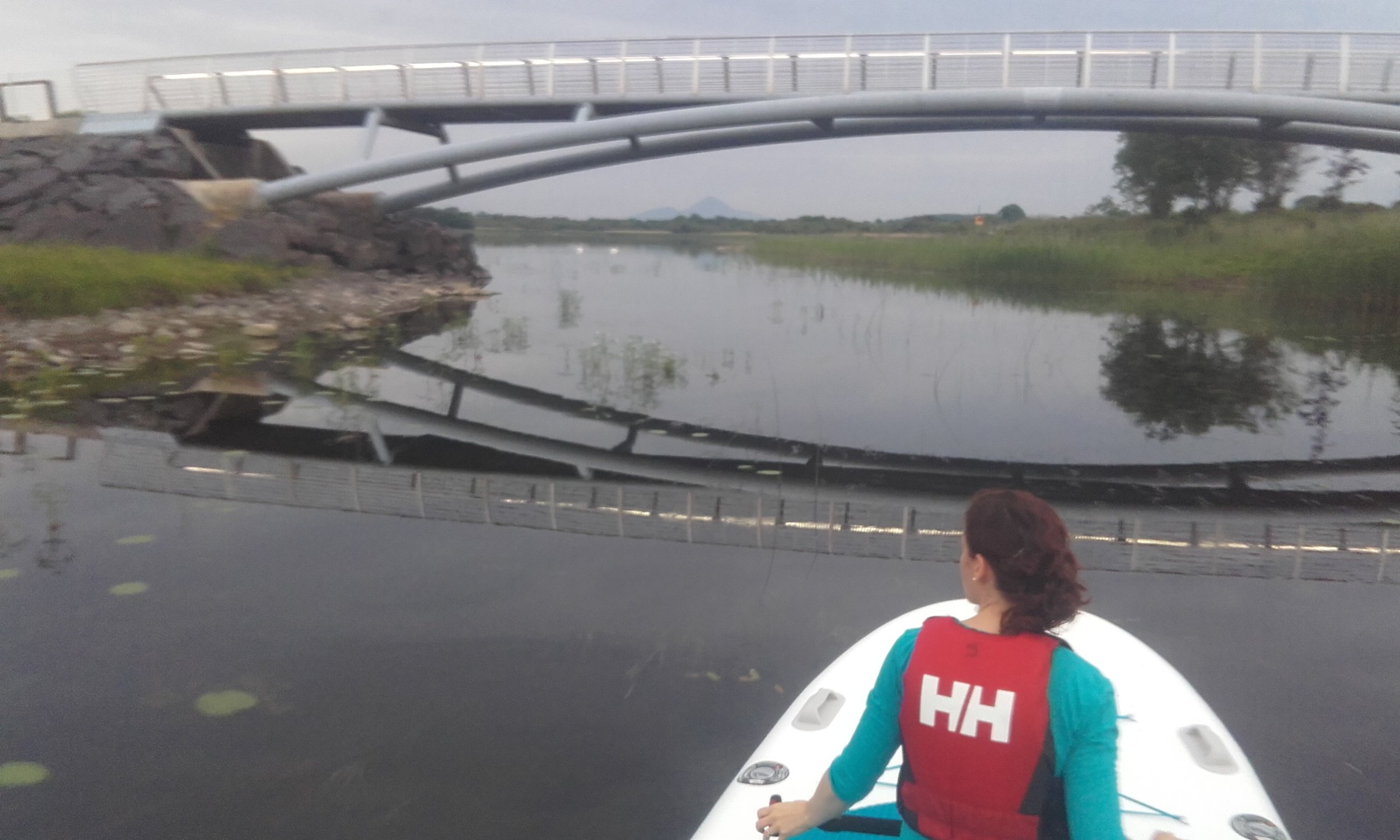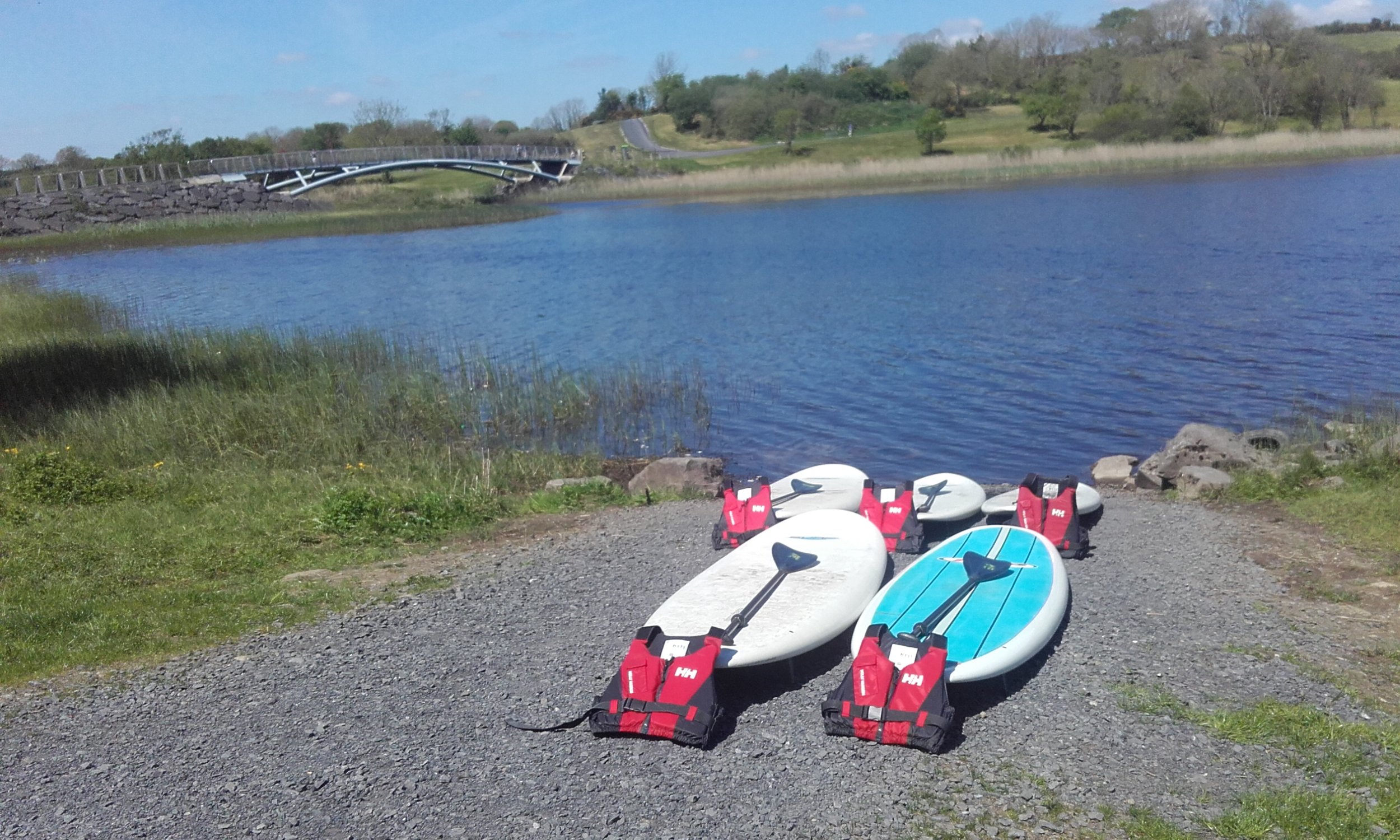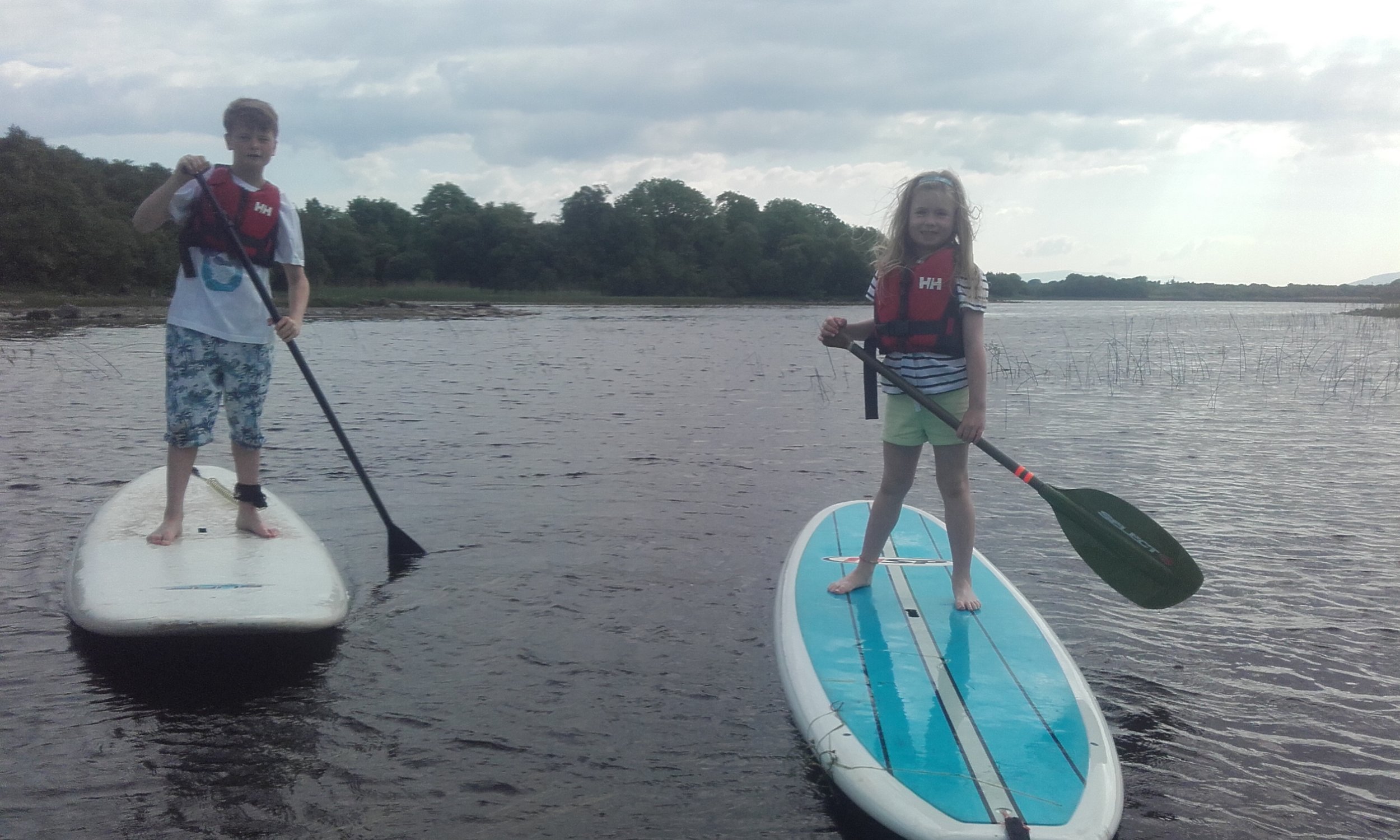Orienteering
Basic Teacher Training Program
Due to the success of the teacher program run by Irish Orienteering Association and in association with GMIT Outdoor Education Courses and the Schools Competition run by Mayo Adventure Experience and Castlebar Urban Adventure Hub, this training will be available here to follow in step by step stages. This is a very basic program for anyone interested in learning about orienteering and for teachers to be able to deliver orienteering in their classroom. The outcome would be that any teacher/parent would have the knowledge on delivery of orienteering in the classroom/home.
Topics to be covered:
What is orienteering?
What is a map? Drawing a map with kids
Map puzzles and feature recognition
Symbol and feature recognition
Symbol recognition and fun relays
Map orientation
What are controls and punches or dippers
How to draw a course in your classroom
Country code
Styles of competition
DIY resources and how to utilise space at home
1. What is Orienteering
What is Orienteering? Orienteering is a navigational sport which combines map reading with competitive running. This exciting outdoor adventure sport involves running (walking or jogging) whilst navigating around a course using a detailed map and sometimes a compass. The aim is to navigate in sequence between a set of check points known as ‘Controls’ and decide the best route to complete the course in the quickest time possible.
Orienteering has been introduced to the ‘School Physical Education Programme’ for both national and for secondary schools as part of the Junior Certificate programme and this program is for anyone who wishes to learn more about the sport, how to delivery it in the classroom and how to partake in it. Over the coming weeks resources and tutorials will be available here with easy step by step instruction on how to teach this sport at home.
As a teacher you may be able to incorporate orienteering in to subjects such as geography or maths depending on the topic you are teaching at the time. This sport will challenge your student mentally and physically, increasing a sharper mind.
What are the benefits of partaking in orienteering over other sports?
It is suitable for all ages and abilities, walk, run or jog the courses at your own pace. It is also suitable for families or groups as well as individuals to partake in and to progress at their own pace. Orienteering is not expensive; a map, compass and suitable outdoor clothes are all one needs to get started. It can be practiced as a competitive sport or as a fun way for friends in pairs to get out and about in the open air. It is available to all ages and levels of participants and they can all compete at the same time in the one area. Competitions such as the Connacht Orienteering Championship are evidence of this. Orienteering can take place anywhere from remote forest and countryside to urban parks and school playgrounds (big and small playgrounds can be catered for). It’s a great sport for runners, joggers or even walkers who just want to improve their navigation skills or for anyone who loves the outdoors. With general concerns over unhealthy lifestyles in young people and an increase in child obesity in Ireland at the moment, it is also a great way to introduce young people to an inclusive outdoor sport. Orienteering does not just offer a physical challenge but a mental one too and enhances live skills such as map reading, navigation, feature recognition, self-confidence and quick thinking.
2 . What is a map? Drawing a map with kids
3. Map puzzles and feature recognition
4. Symbol and feature recognition
5. Map Orientation
6 :Controls and Dipper
Topic 7 : How to draw a course in your classroom
Topic 9 : Country code
Topic 10 : Styles of competition
Topic 11 : DIY resources and how to utilise space at home
For reservations or information:
Please Phone or Email all your inquiries into our office and we will get back too once we are off the water from our last adventure.


